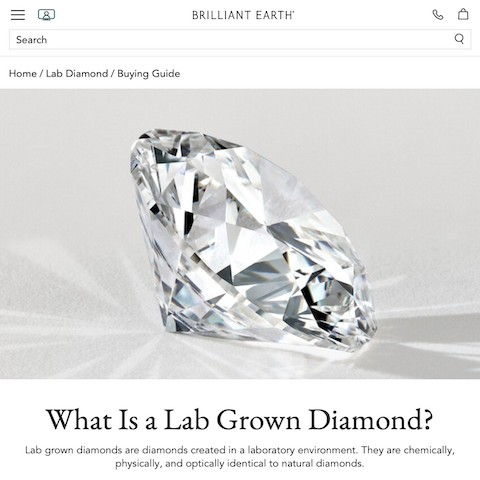
| Mining and mineral resource development in Canada |
|---|
| How Canada supports mineral exploration |
| Canada is open to mineral development and investment. There are few barriers to foreign companies establishing a new business or acquiring a business in minerals and metals. Geological information and statistics on minerals and metals are available and accessible by anyone.
Canada is a global centre for the financing of exploration and mining. It is home to over 40% of the world's publicly listed mining and exploration companies. Companies raise capital on Canada's stock exchanges, including the Toronto Stock Exchange and the TSX Venture. Regulations governing securities are set by provincial and territorial governments. Read Framework for mineral exploration and mining in Canada, above, for more about the regulation of securities. Mineral exploration, in particular, is high risk and has a long lead time before it makes returns. Canada's tax regime includes several incentives to aid in mineral exploration. These include Canadian exploration expenses, flow-through shares and the mineral exploration tax credit. For more information, visit Tax incentives for mining and exploration. Canada offers many opportunities in mining. It is home to a rich geological endowment and wide variety of metals and minerals. Some of the top-value minerals and metals mined in Canada are gold, iron ore, coal, copper, potash, nickel, platinum group metals, sand and gravel, stone and diamonds. |
| Date modified: 2023-05-26 |
| Tax administration for the mining industry |
|---|
| Mineral resource certification |
The federal government offers several exploration and mining tax incentives, including:
For your company to be eligible for these tax incentives, you must prove that you are exploring for and/or mining a "mineral resource," as defined by the Income Tax Act. If the mineral deposit does not fit the Income Tax Act's definition, it is considered an "industrial mineral mine" for income tax purposes. In some cases, you can consider the deposit a "mineral resource" without needing a certificate. In other cases, you need a certificate. When do you need a mineral resource certificate? In general, you do not need a certificate if the deposit meets the definition of a "mineral resource" in subsection 248(1) of the Income Tax Act:
|
| Date modified: 2023-11-17 |
| Québec where it's at: Investing in Québec's Mining Sector |
|---|
| Investissement Québec: Ressources Québec |
| SOQUEM's mission is to encourage exploration, discovery, and deposit appraisal of Québec's mineral resources. It has participated in and contributed to the startup of hundreds of projects that led to major discoveries of gold, diamonds, lithium, niobium, rare earth elements and several other mineral commodities, which makes it one of the most prolific exploration companies in Québec. SOQUEM's discoveries have led to the production launch of several mines, three of which are currently producing mines, and contributed to the creation of more than 1,000 jobs in Québec. |
| © Gouvernement du Québec, 2022 |

"Sunatori, Go Simon" <GS.Sunatori@HyperInfo.CA> |
[Donation/Don, SVP] |